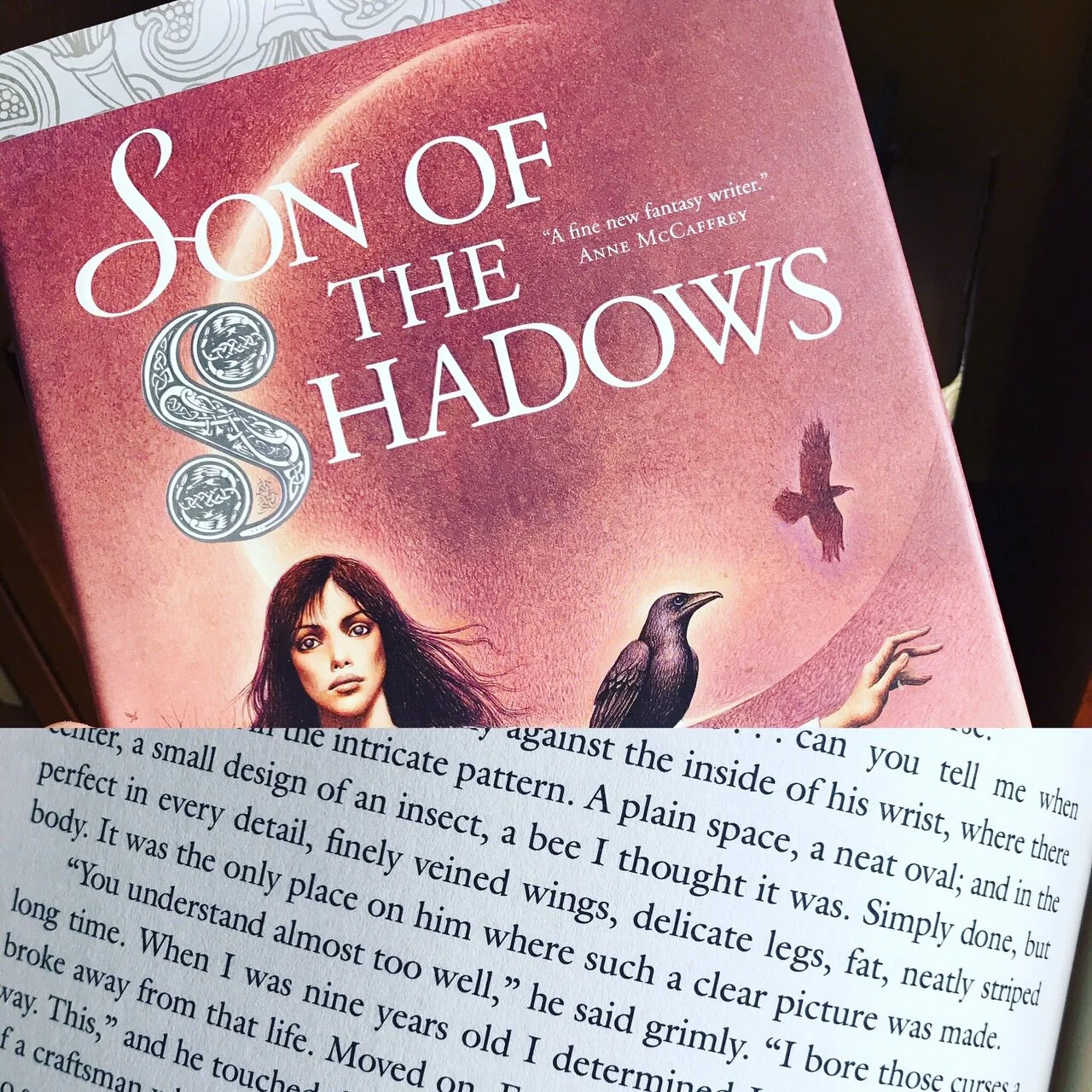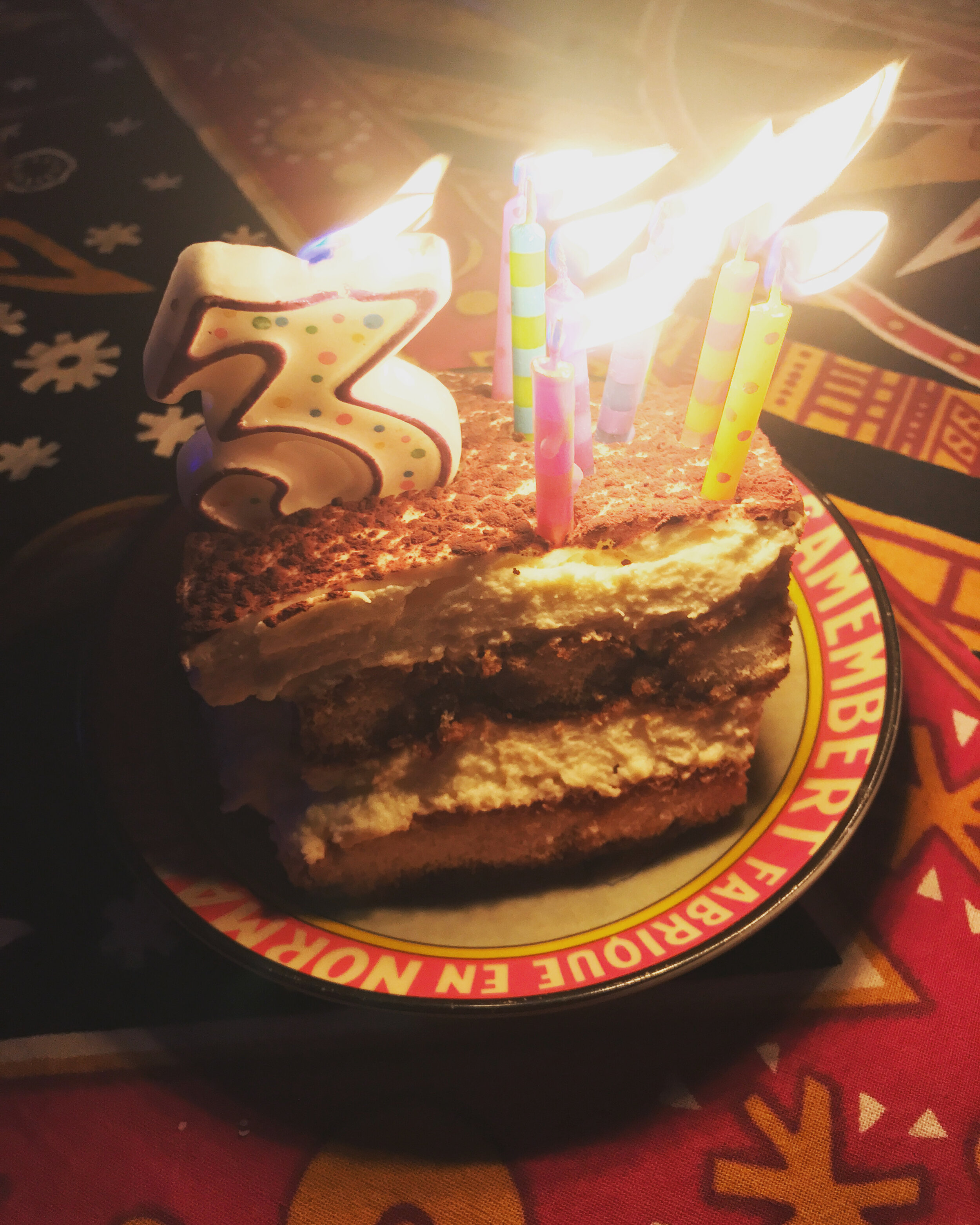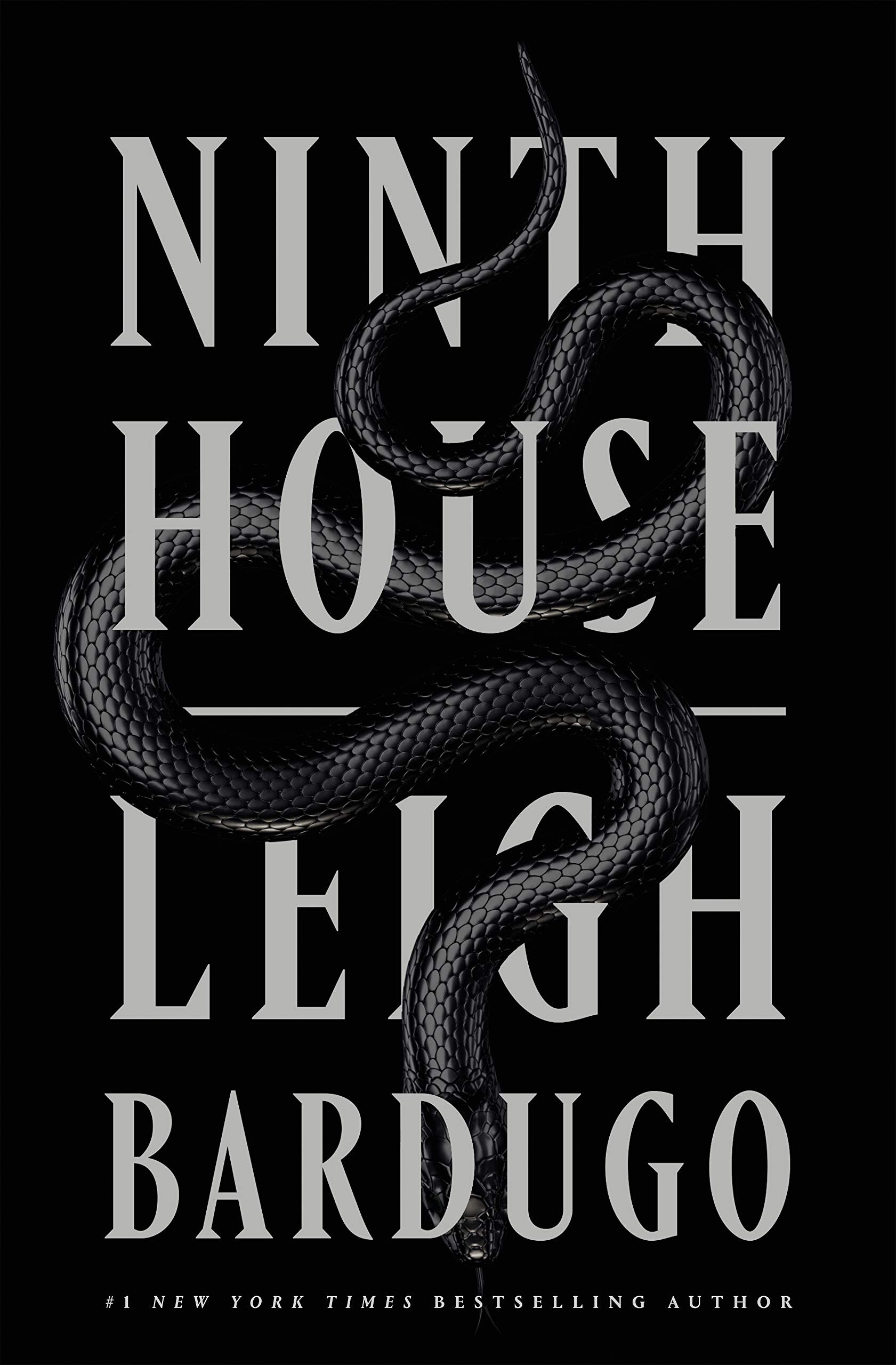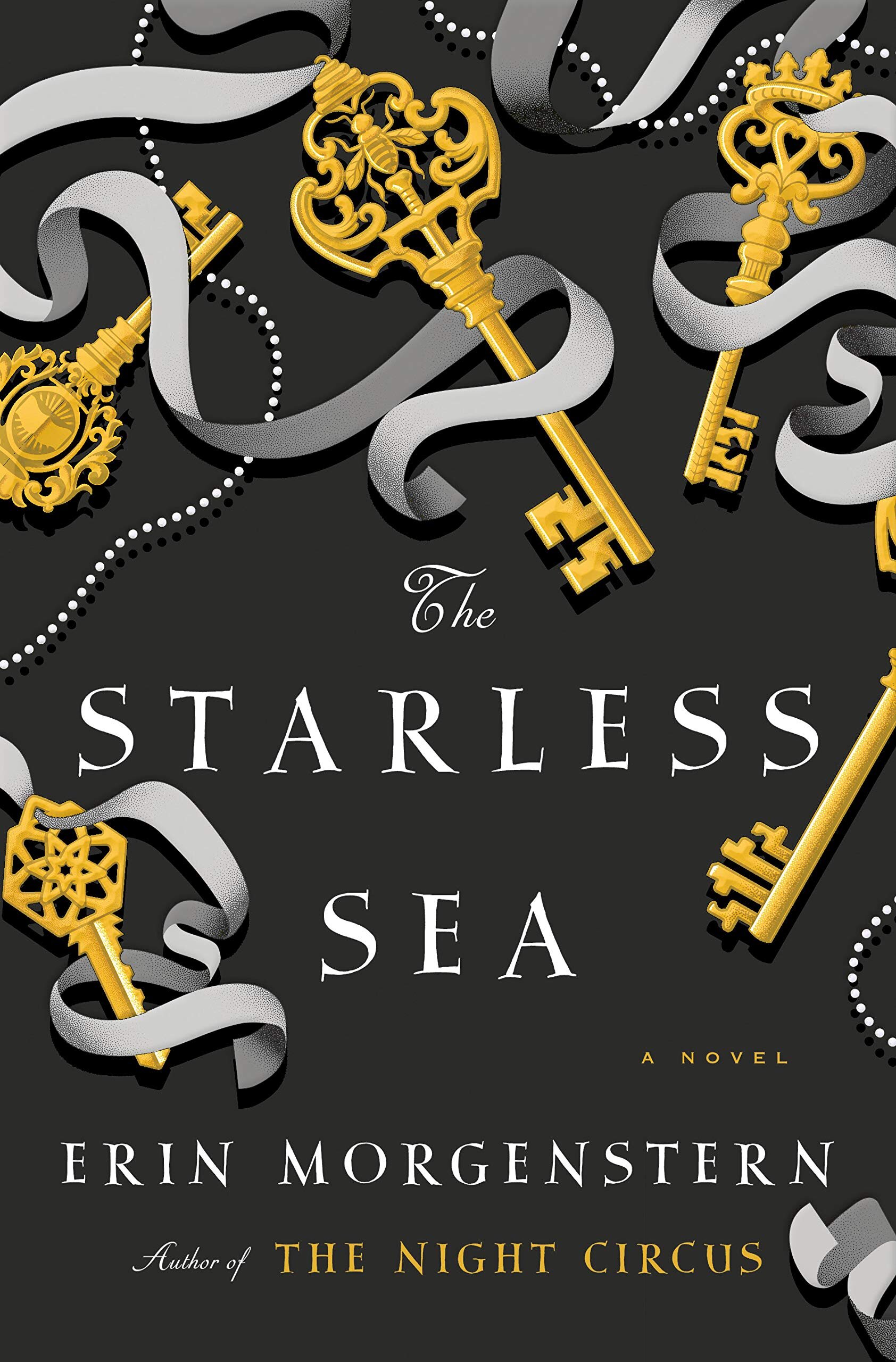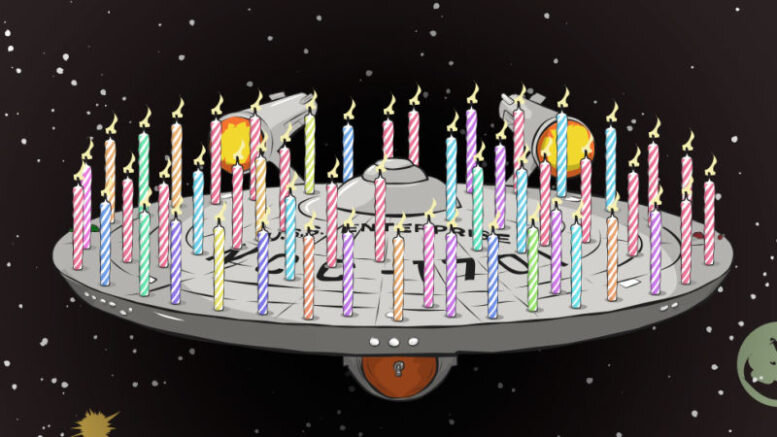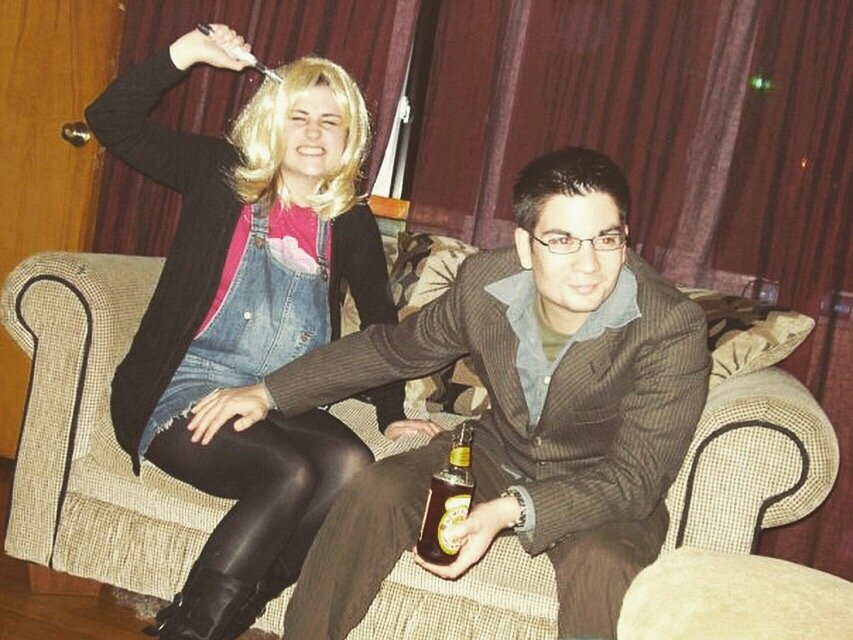There was a killer feature that encouraged readers to dig into their own pasts, learn about where their families came from and, most importantly, uncover enough detail to earn a coveted opportunity of being that issue’s paper doll. I immediately started asking my mom and dad questions, my grandma and my aunt, and found the pickings pretty slim.
My grandma grew up during the Great Depression, so we had one photograph of her as a child with her siblings. She was less than five at the time, and their clothes were dark, worn, roughspun. Nothing like the smart pinafores or heritage-rich dresses I saw in issue after issue when other girls were drawn. There were no other photographs of her until she was a teenager: a newspaper clipping from when she and a friend were in the Cincinnati Enquirer when she attended, in costume, some Halloween festivities.
And there were no pictures of anyone else, either.
I remember at the time just feeling devastated for a whole host of selfish reasons. My family members could talk vaguely about where we came from, but we didn’t have an immigration story like I’d read about at school or in the books I picked up from the library – we’d lived in Kentucky and the Ohio river valley for centuries. We’d been – we were – poor, but I had a limited understanding of what that meant because my lived experience felt rich. I loved my parents and my brother and my grandma in her floral house coat that smelled of Misty Lights. I loved watching Reds baseball games and Silk Stalkings with her and eating Ramen noodles and fish sticks. I loved the dirty rhymes that she taught us and climbing into the sofa bed in the living room when we all lived together, asking her to tell me a story or sing. I loved running wild in the woods all day and it felt to me a little bit what it must have been like for her, growing up in downtown Cincinnati.
The absence of documentation for who the girls that had preceded me had been was probably the first time that I felt the unfairness of poverty, though I didn’t make the connection at the time. I just gave up on ever being a paper doll because the history I had access to didn’t meet the magazine’s criteria.
But here’s where I need to check my privilege.
Now that I’ve had the opportunity to spit into a tube and learn a little bit more about where my family came from, I can browse family trees and gather names. There still aren’t many photographs. One artifact that did surface for me, though, made me feel like the whole bottom had dropped out of my understanding of who my family was. Yes, some of us did come down the Ohio river on flatboats that were never meant to make the return journey, ready to risk everything in the then-Kentucky wilderness. Others had a different experience.
There’s a will in the Clay County, Kentucky Deed Book from 1824, detailing one of my ancestor’s property to be willed to his widow, his sons, and his daughters. To his wife and each of his children he bequeaths an enslaved person. Their names were Peter, Milly, Mealy, Frill, Patsy, Judah, Clary, Ginne, Gin, Fillis, Jeffery, Abraham, Ran, Racher, and Aggy.
In every instance where an enslaved woman is named, “all her increase” is “entailed” to my ancestor’s heirs. What do these girls know of their histories? Did they read these books and magazines, too, and feel shut out? Did they feel the limitations of the verbal history available to them not because their ancestors didn’t have the education or the means, but because my ancestors owned theirs?
I haven’t known what to do with this knowledge, and one of the many terrible things about it is that I don’t have to do anything. I could just let it be history, distant, because it’s what I’ve always done. In trying to write about this with grace I read some other pieces, including one where the author states that their “mistake, typical of white Americans, was treating slavery as if it were a mystery buried in the past,” and another that affirmed for me why I needed to share what I’ve learned.
Whatever I have or don’t have now, or had or didn’t have as a child, is the result of someone else’s suffering. And whether I’d never read that will, or it’s only one man nearly two hundred years ago, I shouldn’t have needed an explicit document to confirm what I’ve known to be true about the history of my nation to be explicitly true for me and for my family, too.








